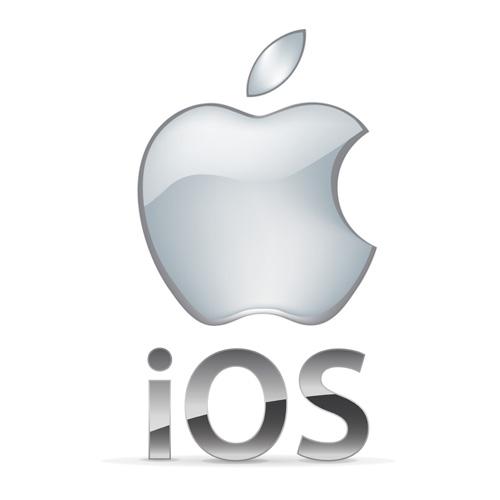Apple Inc. has long been known for its innovation, design, and user-friendly technology. One of its most significant contributions to the tech world is the development of iOS, the operating system that powers the iPhone, iPad, and iPod Touch. iOS has transformed the way users interact with their devices, providing a seamless experience that integrates hardware and software. This blog post will delve into the key features of iOS, its evolution over the years, and how it has set the standard for mobile operating systems.
The Evolution of iOS: A Brief History
iOS was first introduced in June 2007 alongside the original iPhone. Initially, it was a simple operating system with limited functionality, but it quickly evolved as Apple introduced new features and enhancements. The App Store was launched in 2008, revolutionizing the way users accessed and installed applications. This development not only expanded the capabilities of iOS devices but also created a thriving ecosystem for developers.
With each new version of iOS, Apple has focused on improving user experience through intuitive design and functionality. iOS 4 brought multitasking capabilities, while iOS 7 introduced a complete redesign with a flatter aesthetic. Subsequent updates, such as iOS 10 and iOS 14, continued to enhance features like notifications, privacy settings, and home screen customization. The latest iterations have focused on integrating artificial intelligence and machine learning, making iOS smarter and more responsive.
Key Features of iOS
iOS is renowned for its user-friendly interface and robust feature set. Here are some of the standout features that make iOS a preferred choice for millions of users worldwide:
1. User Interface and Design
The iOS interface is known for its simplicity and elegance. The layout is intuitive, allowing users to navigate their devices with ease. The use of vibrant colors, smooth transitions, and responsive touch controls enhances the overall user experience. Apple continuously refines the design aesthetic, ensuring that it remains modern and appealing.
2. App Ecosystem
The App Store is one of the most significant aspects of iOS. With millions of apps available, users can find applications for virtually any need, from productivity to gaming. The rigorous app review process ensures a high level of quality and security, making it a safe environment for users to download apps.
3. Security and Privacy
Apple places a strong emphasis on user security and privacy. iOS incorporates various features such as Face ID, Touch ID, and end-to-end encryption for messaging. Regular updates also help to patch vulnerabilities, ensuring that users’ data remains protected. Moreover, Apple provides transparency about data collection, allowing users to control their privacy settings effectively.
4. Integration with Other Apple Devices
One of the standout features of iOS is its seamless integration with other Apple products, such as the Mac, Apple Watch, and iPad. Features like Handoff, AirDrop, and Universal Clipboard allow users to switch between devices effortlessly, enhancing productivity and convenience.
5. Regular Updates
Apple consistently provides updates to iOS, introducing new features and security enhancements. This commitment to regular updates ensures that users have access to the latest technology and improvements, keeping their devices running smoothly and securely.
The Impact of iOS on Mobile Technology
The introduction of iOS has had a profound impact on the mobile technology landscape. It has influenced the design and functionality of competing operating systems, pushing other companies to innovate and improve their offerings. The success of the iPhone and iOS has also driven the growth of the smartphone market, making mobile technology an integral part of daily life.
Future of iOS: What to Expect
As technology continues to evolve, so too will iOS. Apple is likely to focus on further integrating artificial intelligence and machine learning, enhancing the capabilities of Siri and other smart features. Additionally, with the rise of augmented reality (AR), we can expect iOS to incorporate more AR functionalities, providing users with immersive experiences.
Moreover, as privacy concerns grow, Apple will likely continue to prioritize user security and transparency, setting a standard for the industry. As the Internet of Things (IoT) expands, iOS may also play a crucial role in connecting and managing smart home devices, making it an essential part of the future tech ecosystem.
Conclusion
In summary, iOS is more than just an operating system; it is a cornerstone of Apple’s identity and a major player in the tech industry. Its evolution over the years reflects Apple’s commitment to innovation, user experience, and security. As we look to the future, iOS will undoubtedly continue to shape the way we interact with technology, making our lives more connected and efficient. Whether you are a long-time iOS user or considering making the switch, the platform’s features and capabilities make it a compelling choice in the ever-evolving world of mobile technology.
